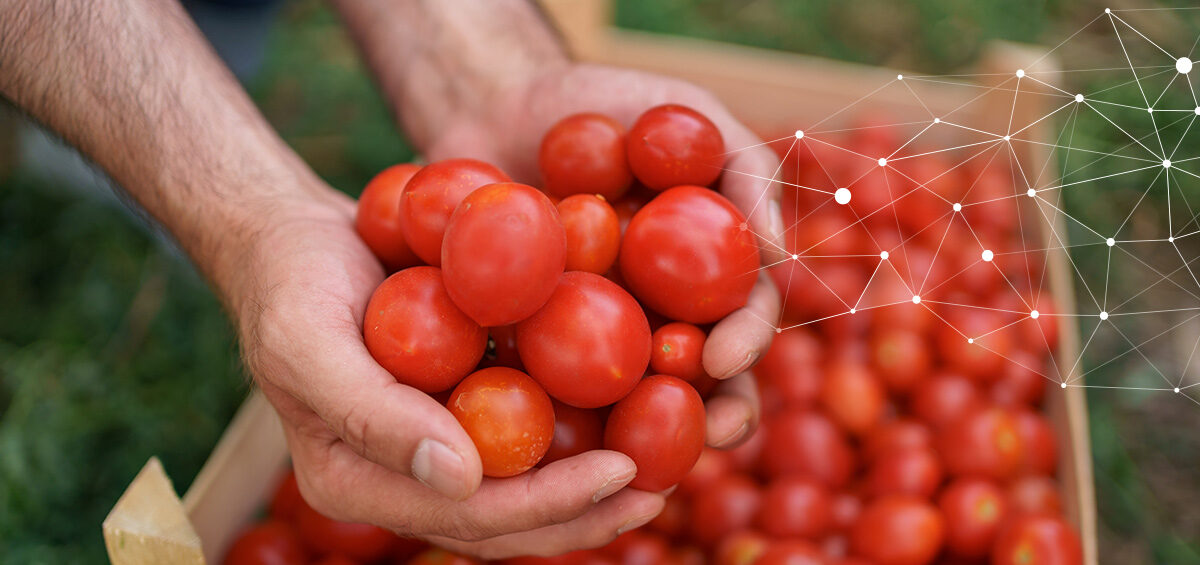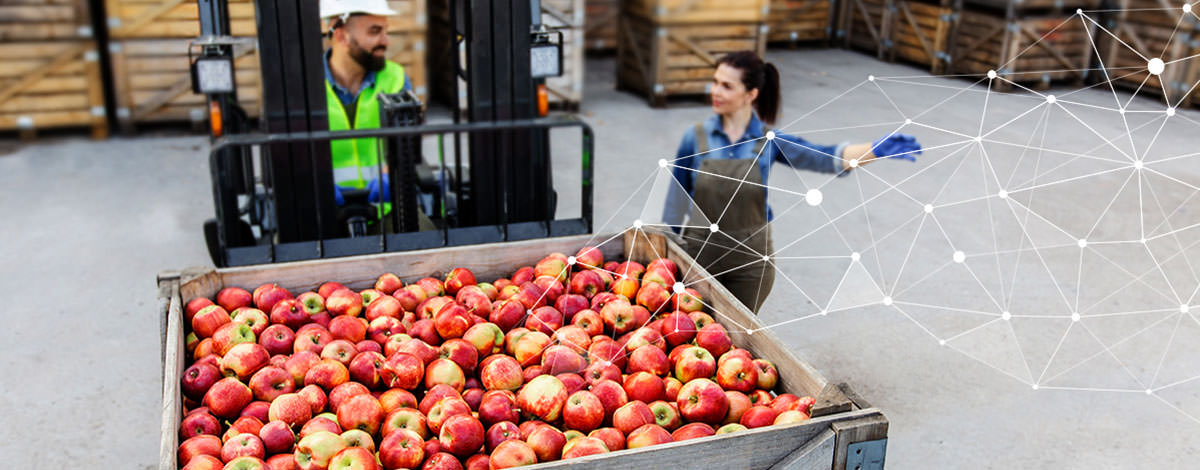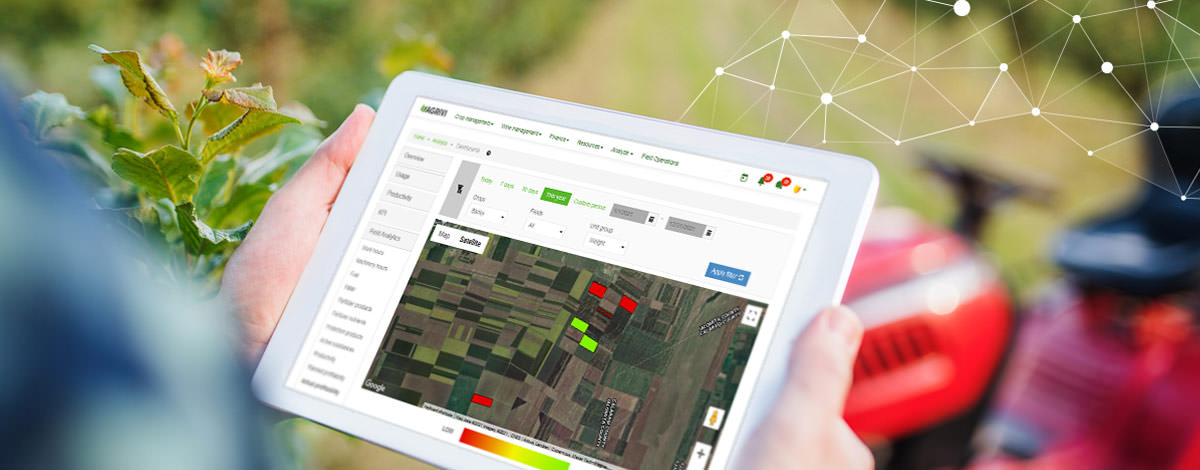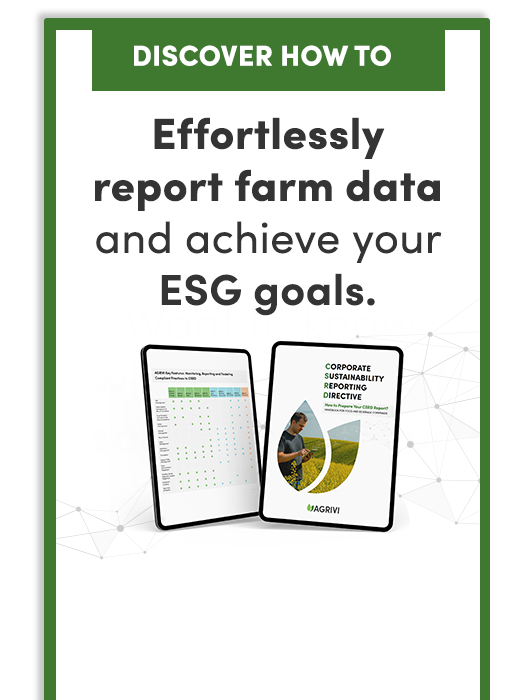We may have washed our hands, used clean kitchenware, and cooked our meals to the correct temperature, but is that enough to be sure that the food we’re eating is safe? Keeping food safe is a complex process that starts on the farm and ends with the consumer.
According to FAO (Food and Agriculture Organization of the United Nations), one in ten people falls ill from eating unsafe food yearly. Unsafe food can cause more than 200 diseases, so access to safe and nutritious food is vital to sustaining life and promoting good health. Good collaboration between governments, producers, and consumers is needed to help ensure food safety and stronger food systems.
By the main slogan „Food safety is everyone’s business“ on June 7th we are celebrating World Food Safety Day in order to raise the awareness that safe food is critical, not only to better health and food security but also for livelihoods, economic development, trade and the international reputation of every country.
Table of Contents
Agri-Food Value Chain Transparency as a Key For Ensuring Food Safety and ESG Compliance
Food safety challenges put greater responsibility on food producers. Not only do consumers want to know about the origin and traceability, but there are also high regulation pressures such as CSRD and ESRS in the EU that companies should demonstrate their environmental, social, and governance (ESG) accountability.
The upcoming EU regulation, set to take effect in 2024, will have a significant impact on over 50,000 companies, including numerous multinational food and beverage companies. By mandating comprehensive sustainability reporting, the CSRD requires companies in the agri-food sector to disclose information about their environmental, social, and governance practices throughout the value chain. This includes aspects such as resource usage, waste management, greenhouse gas emissions, labor conditions, and supply chain transparency.
The CSRD regulation in the EU plays a vital role in enhancing the transparency of the agri-food value chain, thereby contributing to better food quality and food safety. The increased transparency enables a deeper understanding of the agri-food value chain, including the processes involved in food production, processing, and distribution. The availability of such data allows stakeholders to assess the sustainability performance of companies and make informed choices regarding the products they consume.
Food production transparency helps identify potential risks and areas for improvement, including reducing financial losses due to product recalls in the food chain. It allows for better traceability, ensuring that potential hazards are identified and addressed promptly. Additionally, it fosters accountability throughout the supply chain, encouraging responsible practices and reducing the likelihood of food contamination incidents.
But, many companies still don’t know how to approach the reporting standards and what kind of data will they need to collect and report on. Implementing farm management software into their value chain management practices helps with this uncertainty most companies still face. But how?
A Simple Way to Secure the Farming Data Needed for ESG Reporting
Through one centralized digital platform, such as AGRIVI farm management software, companies can manage the entire supply chain. With features that allow detailed record-keeping and reporting, AGRIVI enhances transparency in line with CSRD requirements, giving stakeholders clear insights into a farm’s operations.
AGRIVI helps companies to meet ESG compliance with features like precise fertilization recommendations, real-time weather monitoring, use of insecticides and pesticides, water consumption and usage tracking, soil analysis, land use change and sustainable contracting. Farm management software presents a simple way to secure all of this data thanks to which companies thus have valuable insights into the sustainability of their supply chain and are ready for the reporting moment.
Moreover, AGRIVI’s advanced Traceability feature allows detailed documentation of a product’s journey from field to consumer, making it easier to identify and report on environmental impacts along the supply chain.
Easy access to comprehensive data and its implementation throughout the entire value chain, enabling agri-food companies to not only meet their ESG goals and reporting requirements but also distinguish themselves in the market by exceeding consumer expectations for safe, sustainable, and responsibly produced food.
Through the enhancement of transparency and the promotion of responsible practices, companies have the power to significantly impact and improve food quality, safeguard consumer health, and contribute to the advancement of sustainable development across the entire agri-food value chain.







